
Arbitration on the South China Sea initiated unilaterally by the Philippines is a possible abuse of international law, Cai Congyan, international law professor at Xiamen University and visiting scholar at Humboldt University told Xinhua here in a recent interview.
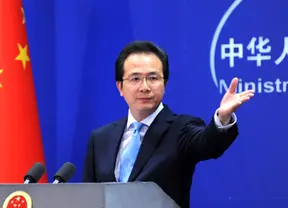
China on Tuesday reaffirmed its adherence to dialogue and consultation in settling the South China Sea issue.

As an honest and responsible power, China has always abided by international law and basic norms governing international relations, and will continue to do so in the South China Sea issue while safeguarding its territorial sovereignty.

The United Nations Convention on the law of Sea (UNCLOS) has not resolved every past global dispute and neither will it for the South China Sea arbitration the Philippines has unilaterally initiated in The Hague.

China is defending not only its territorial sovereignty but world peace and stability when fighting against the obstinacy displayed in the South China Sea arbitration.
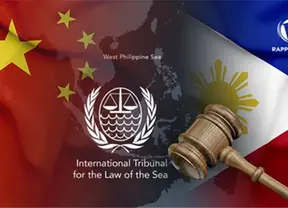
An arbitral tribunal with widely contested jurisdiction will issue an award on July 12 on the South China Sea case unilaterally initiated by the Philippines.China has refused to participate in the proceedings and declared that it will never recognize the verdict, stressing that the tribunal has no jurisdiction because the case is in essence related to territorial sovereignty and maritime delimitation.
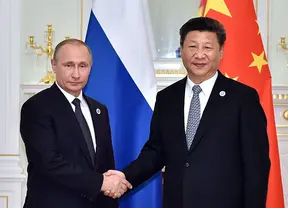
A Foreign Ministry spokesperson on Monday said that a China-Russia declaration on the promotion of international law showed that the two countries agreed on dispute settlement mechanisms.

A group of experts on international law voiced their doubts and concerns on Sunday over the South China Sea arbitration, warning the proceedings of the case are questionable.
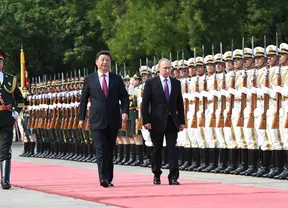
China and Russia vowed to strengthen global strategic stability in a joint statement signed by Chinese President Xi Jinping and his Russian counterpart Vladimir Putin. The statement was signed after their talks on Saturday afternoon in Beijing.
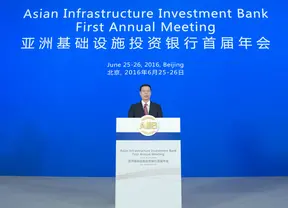
Vice Premier Zhang Gaoli on Saturday stressed conducting extensive cooperation surrounding the Asian Infrastructure Investment Bank (AIIB) and forging a new type of partnership that are "comprehensive and strong."

China's reiteration of nonacceptance of and nonparticipation in the Philippines-filed arbitration over South China Sea issue has concrete basis on international law and its reason can be summarized as three "NOs," a Chinese official of foreign affairs told Xinhua on Wednesday.

The most effective way to solve the South China Sea dispute is to hold diplomatic talks between stakeholders and not overdramatize the issue, according to Italian experts.

China has been promoting international satellite navigation applications and will push forward the international development of China's BeiDou Navigation Satellite System (BDS), said a white paper issued on Thursday.

The Palestinians are focusing their bet on the progress of France initiative for holding an international conference for peace in the Middle East, although the road to achieve the target is not paved with flowers, according to analysts and observers.

Paris is now working hard to sell to the international community its initiatives to end the stalemate in the peace process between Israel and the Palestinians, yet its efforts may not fare well in the face of plain rejection by the rival parties.

The arbitration is but a political provocation under the cloak of the law, with some Western powers behind it. By filing the case, Manila violated the basic principles of international law and undermines the integrity and authority of the UN Convention on the Law of the Sea (UNCLOS).
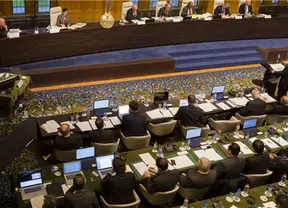
Philippines' assertion concerning the South China Sea (SCS) abused the international law and the United States' interference is only a show of hegemony that does no good to anybody, Chinese overseas scholars said Sunday at a seminar in Berlin.